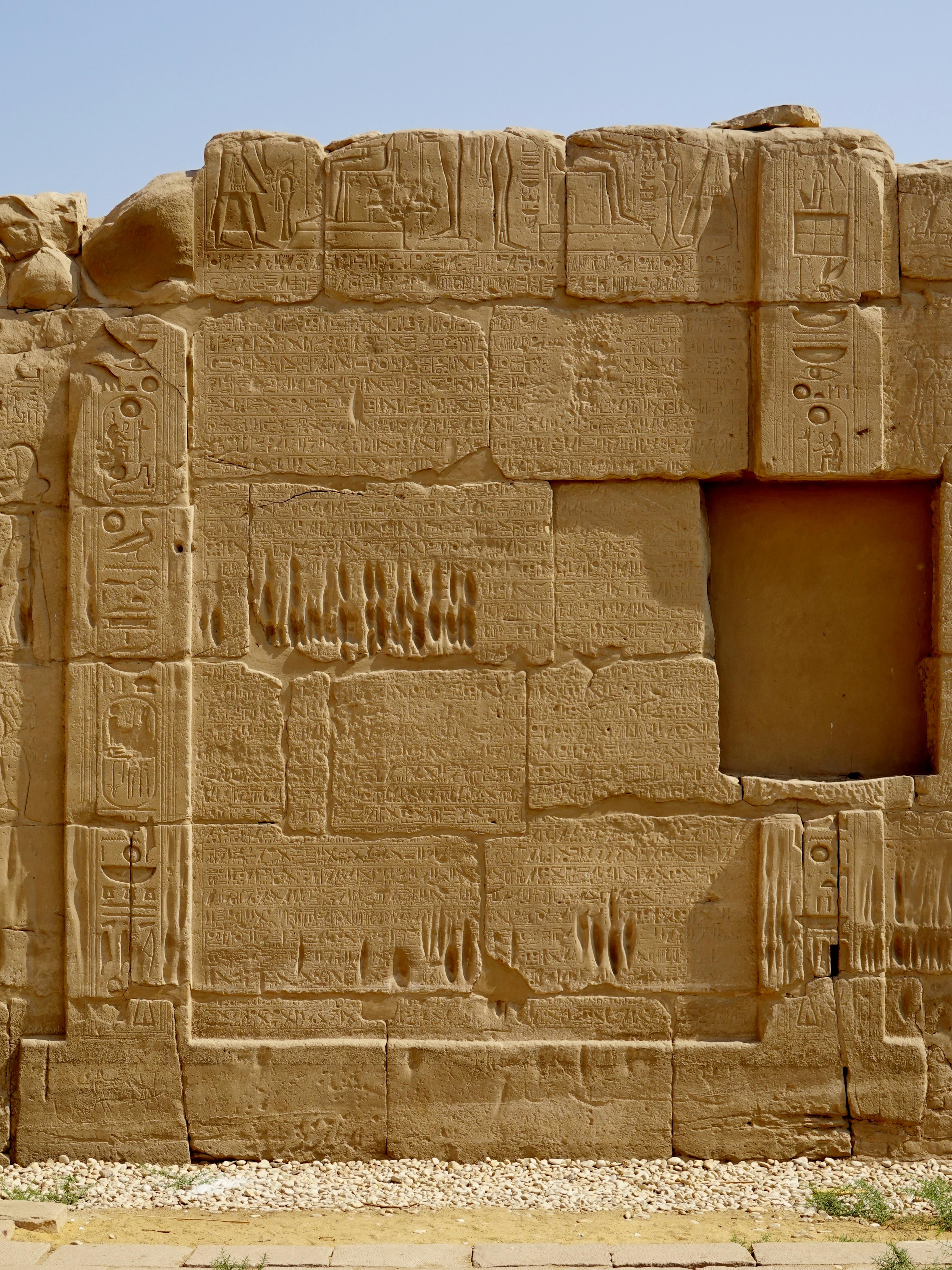
Sponsored by: The American Research Center in Egypt (ARCE), Pennsylvania Chapter (ARCE-PA)

In-person lecture
Saturday, October 12, 3:30 pm EST
Penn Museum, Classroom 2
Speaker: Dr. Camilla Di-Biase-Dyson
Title: The Treaty of Ramesses II with Hattusili III: Peace-making in the Late Bronze Age Mediterranean
Abstract:
This paper gives background to the first attested peace treaty in world history, between Ramses II of Egypt and Hattusili III of Hatti (now Türkiye). This treaty survives in several copies, in two languages (Ancient Egyptian and Akkadian) and in two countries (Egypt and Turkey). This paper will explain some of the provisions of the treaty and also examine some of the treaty’s more unusual aspects, for instance, that its formation was not a direct consequence of conflict, and that not all of its articles are bilateral. It will also make some suggestions about under what conditions and in what location the treaty might have been forged.
Speaker Bio:
Dr. Camilla Di Biase-Dyson is a Sydneysider with a passion for Ancient Egypt since childhood. After graduating with BA(Hons) and PhD degrees in Ancient History from Macquarie University (2000–2008) she moved to Berlin to conduct postdoctoral research in Egyptology and linguistics, first as a Fellow of the Excellence Cluster ‘Topoi: The Formation and Transformation of Space and Knowledge in Ancient Civilizations’ (2009–2010) and then with the Alexander von Humboldt Foundation (2010–2012). Following this, she was Junior Professor for Egyptology at the Georg-August University in Göttingen, Germany (2012–2019), then a Research Fellow at the University of Vienna (2019–2020). In April 2020 she moved back to Sydney to take up a Lectureship in Egyptology at Macquarie University.
Dr. Di-Biase Dyson is passionate about exploring how ancient texts and languages help us access ancient ways of thinking. Her current research focuses on metaphor in Ancient Egyptian language, as well as ancient medicine and manuscript studies and takes in object studies and body ontologies. Her approaches range from linguistics and cognitive science to literary analysis and anthropology and she is committed to utilising and expanding the tools of digital corpus analysis for ancient languages. Her case studies mainly focus on texts and materials from the Ramesside Period of Egyptian history, in the Late Bronze Age.
***************************
Registration is NOT required. Lectures are FREE to ARCE Members, $7 for University of Pennsylvania Museum Members and UPenn Staff and Faculty, $5 for Students with ID, and $10 for the general public.
Light refreshments served starting at 3pm.
****************************
The American Research Center in Egypt (ARCE) is a private, nonprofit organization founded in 1948 by a consortium of educational and cultural institutions to support research on all aspects of Egyptian history and culture, foster broader knowledge among the general public, and strengthen American-Egyptian cultural ties. The ARCE Pennsylvania Chapter (ARCE-PA) is the local branch of the national institution. We host monthly events including scholarly lectures, Egyptian-themed workshops, social events, and guided tours of the Penn Museum’s Egyptian galleries. For more information or to learn about the perks of membership, please send an e-mail to info@arce-pa.org, or visit our website at www.arce-pa.org.
Notifications